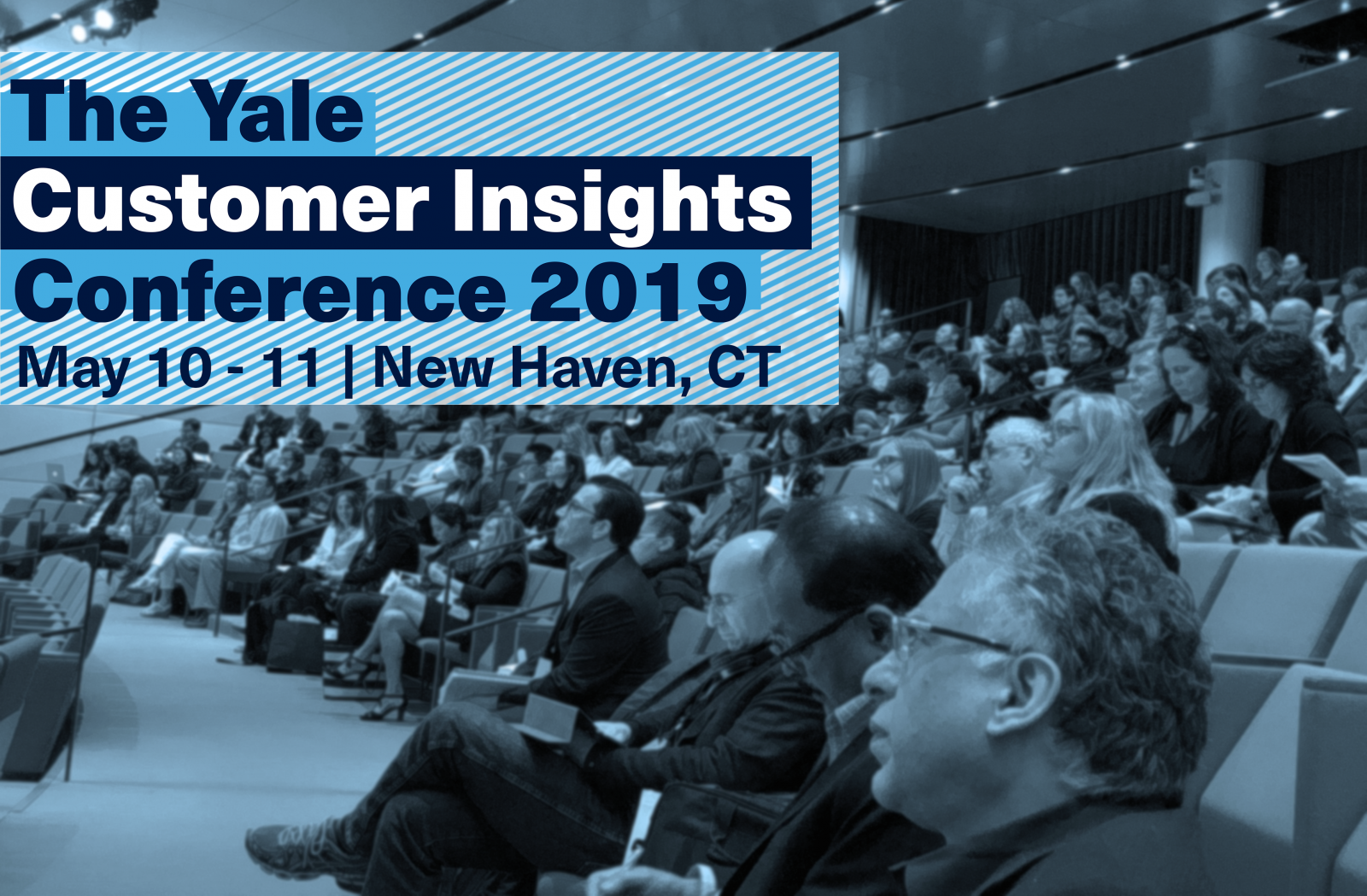It’s about a 4 min. read.
Last week I joined insights leaders at the 2019 Yale Insights Conference and WOW did I learn a lot!
As a newcomer to both the conference and the industry, I was inspired as speakers tackled some of the biggest trends, challenges, and opportunities shaping the future of insights.
The traditional market researcher role is changing. Industry leaders, including Laurence Bucher (Mars Wrigley Confectionery), Stan Sthanunathan (Unilever), and Ewa Witkowska (PepsiCo) weighed in on what this means for today and tomorrow’s insights professionals:
- According to Ewa, trust is one of the most important soft skills that will lead insights teams into the future. Once you establish trust both with colleagues and clients, you have the permission to challenge them. To that end, she encourages fellow researchers to get straight to the point and deliver value faster—to be inspiring and actionable. To do that, we must be trustworthy. What a great message for all of us!\
- As Laurence pointed out, there are innumerable amounts of data to harness—more so than ever before. Market research professionals must learn to leverage these sources to deliver sensible and actionable insights to their stakeholders. As digital transformation continues to disrupt business as usual, insights teams (well, any team, really!) need to be honest and vulnerable about what we are doing well and where we can improve. What more, insights professionals must make sense of nuanced emerging generations. Younger generations like Millennials and Gen Z-ers have distinct motivations and needs that make them unique not only from older generations, but also each other.
Looking ahead to the future of insights, Stan said the following: data must become a commodity, insights must be democratized, and ideas must be deliverable. He challenged us to think critically about how we’ll use tools like AI to augment our creativity and intelligence. How will we leverage these trends and become disruptors ourselves These trends are unavoidable, so how will we use them to our advantage and become disruptors rather than the disrupted?
Next, Radha Subramanyam, Chief Research & Analytics Officer at CBS, shared how the media giant uses research and analytics to make data-driven decisions. Some takeaways:
- Don’t get caught up in the artificial binaries between “small” and “big” data. “Big” data is a trendy buzzword, but the reality is we need all types of data. More data guards against dissonance and diffusion when interpreting findings.
- This doesn’t mean we should merge every data stream, rather, we should merge the insights. We need to learn to harmonize—the goal being to intellectually harness data to provide a more holistic understanding of the situation at hand.
- I loved this part—someone asked how to transition creative-driven organizations to be more data-driven. The answer? Build interest by making data invaluable to successful creative. Radha sends out a bulleted daily email with research and analytics findings. These notes help more creative-leaning teams leverage the insights to evaluate their next steps and success with regards to the company’s programming (e.g., marketing optimization before the Grammy Awards and social media listening after the awards show).
It’s an exciting time to be in insights—from AI to data democratization, there are many forces shaping the industry. Consider attending next year’s Yale Insights Conference to learn more about topics like digital transformation, artificial binaries and so much more.
Ann Mondi is an administrative assistant focusing her efforts on absorbing everything she can about the multiple facets of CMB and the market research industry at large.
